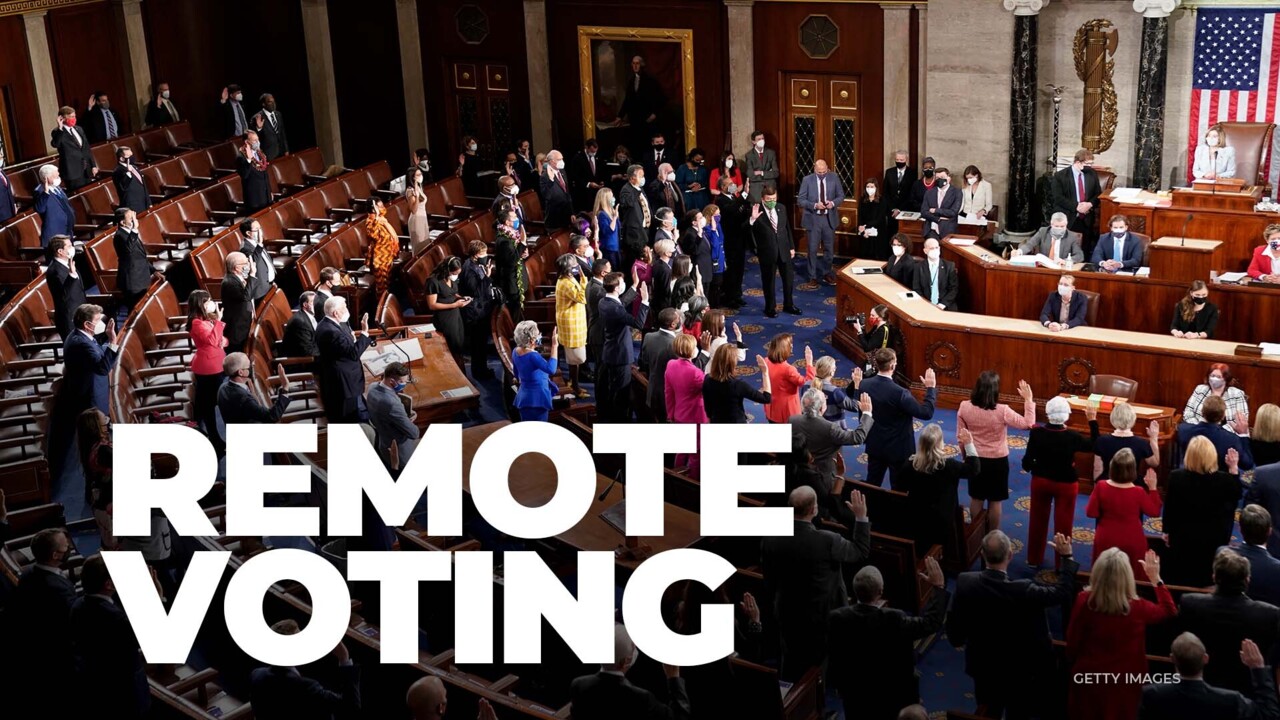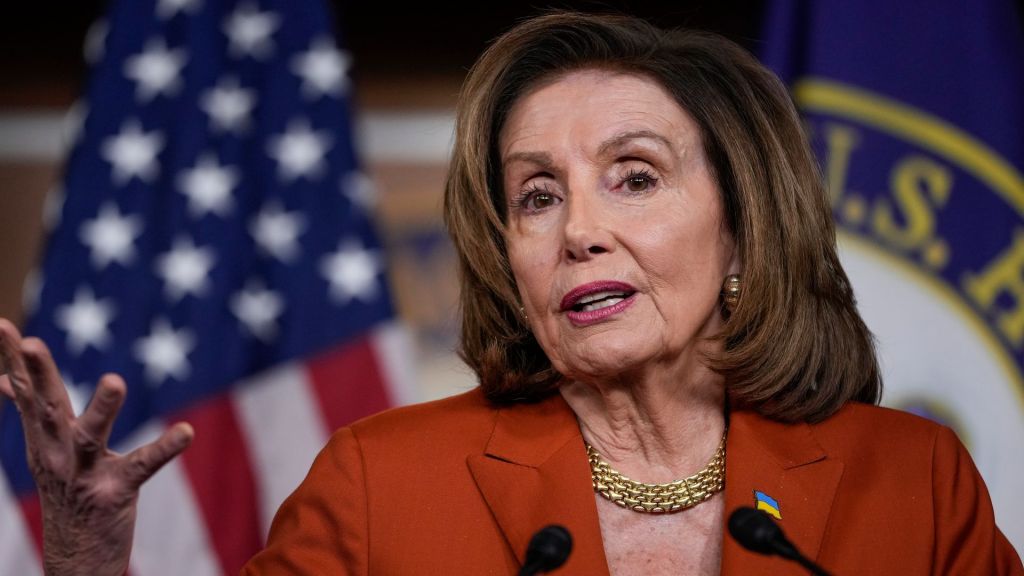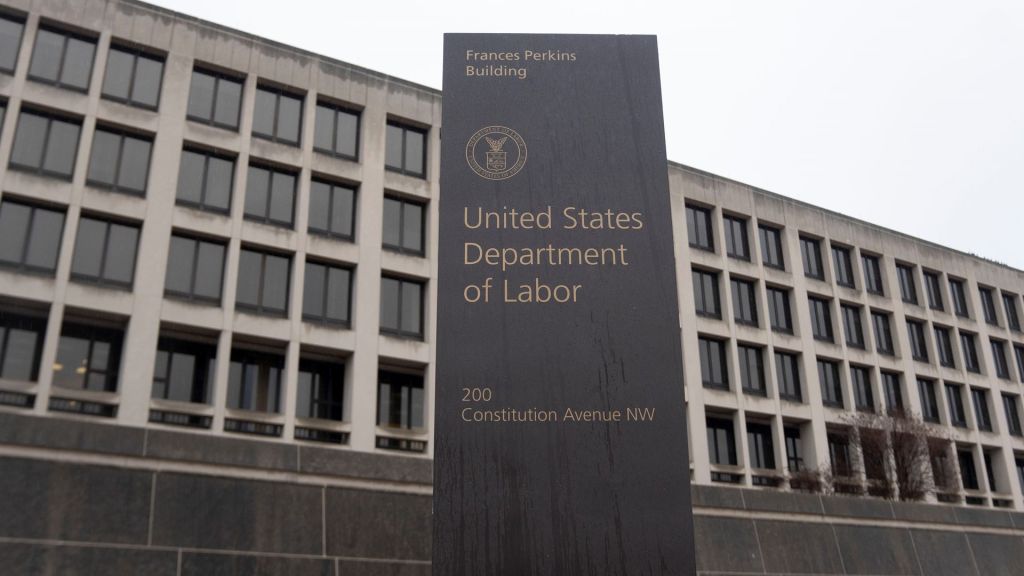
According to the Oxford dictionary, the definition of Congress is: the action of coming together. But Since May 2020, members of this Congress have not had to do that.
Lawmakers in the House of Representatives have been allowed to both vote, and participate in committee hearings remotely. That’s never happened before.
It started May 20, 2020 and was put in place for 45 days to prevent the spread of Coronavirus. But because the public health emergency is still ongoing, it’s been extended by House Speaker
Nancy Pelosi 20 times, most recently on December 23rd.
But it will officially end January 3rd with the close of the 117th Congress. For the last two years, members could be seen reading lists of votes off their phones.
Rep. Frank Pallone, D-NJ: “Mr. Speaker as the member designated by… long list… I inform the house that these members will vote yes on HRes 1531.”
Representatives would also participate in committee hearings from their home, an office, or, and this happened on multiple occasions, while driving in their car.
Rep. Austin Scott, R-GA: “One of the generals suggested that they were seeing it in their ranks too.”
Technically, the House could vote to re-approve the resolution, but Republicans are taking a majority, and they have spoken out against remote voting from the beginning.
Rep. Kevin McCarthy, R-Calif: “Well I am not in the majority. If I was in the majority we would be back working. You know you can go two blocks over here and get a Starbucks and Congress is still closed. Not the Senate but Congress.”
Despite disapproving publicly, members of both parties have taken advantage of voting in private. Straight from DC, I’m Ray Bogan.






